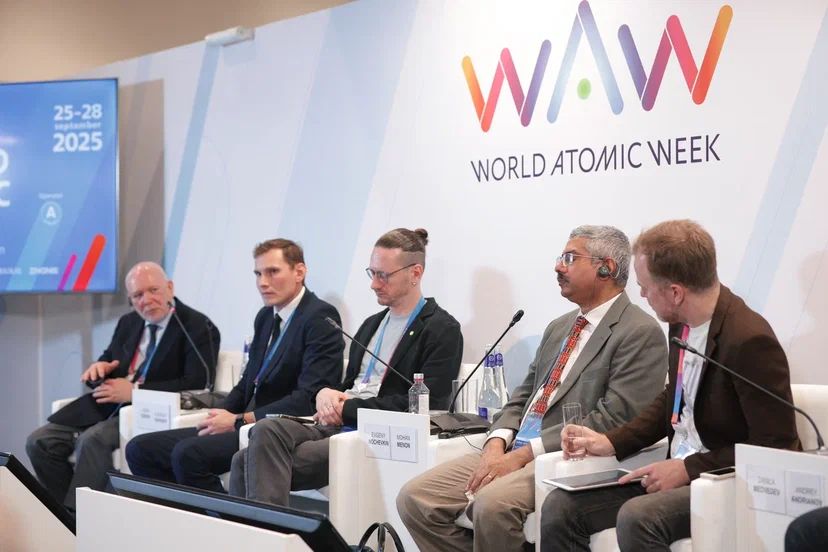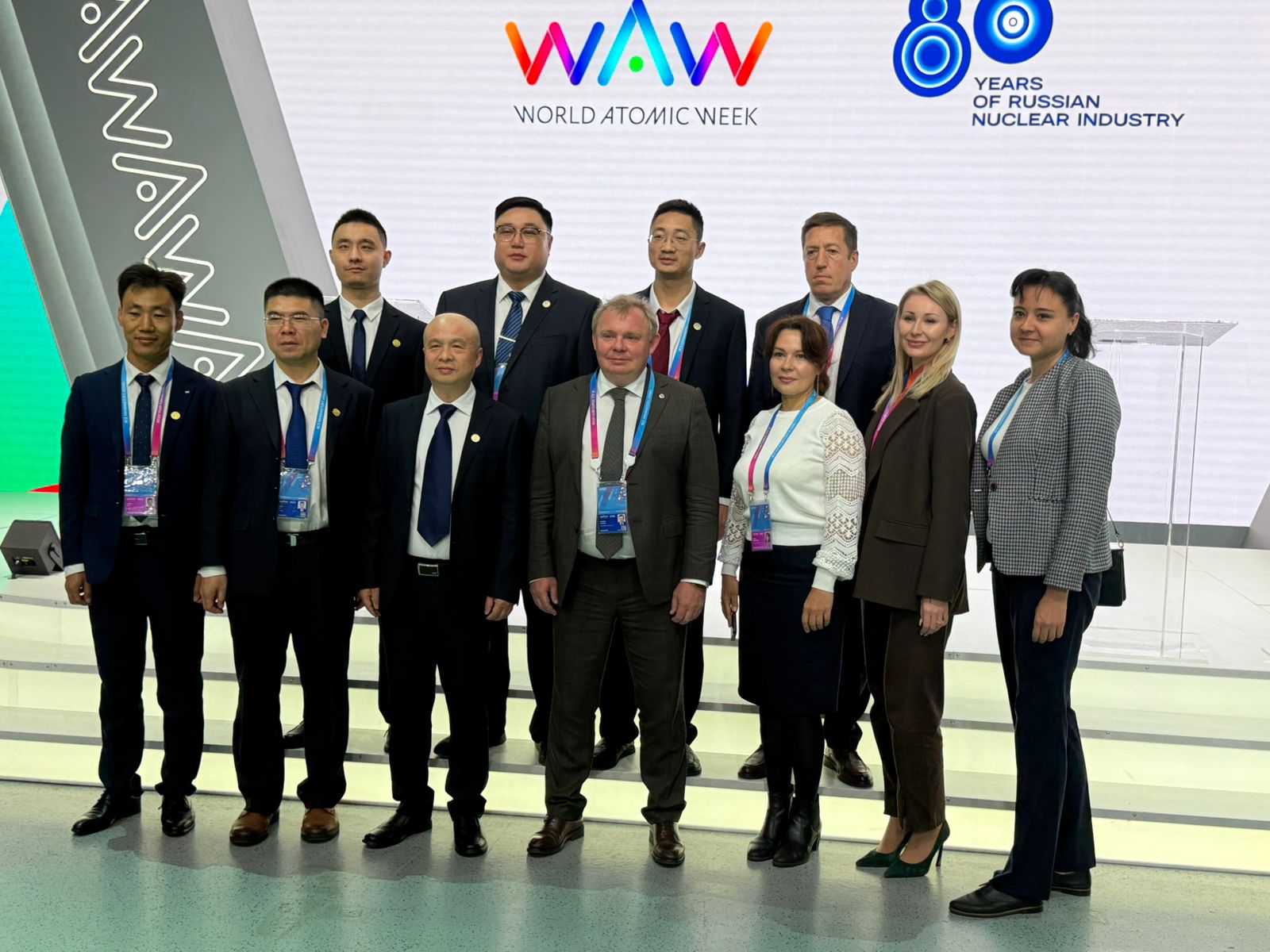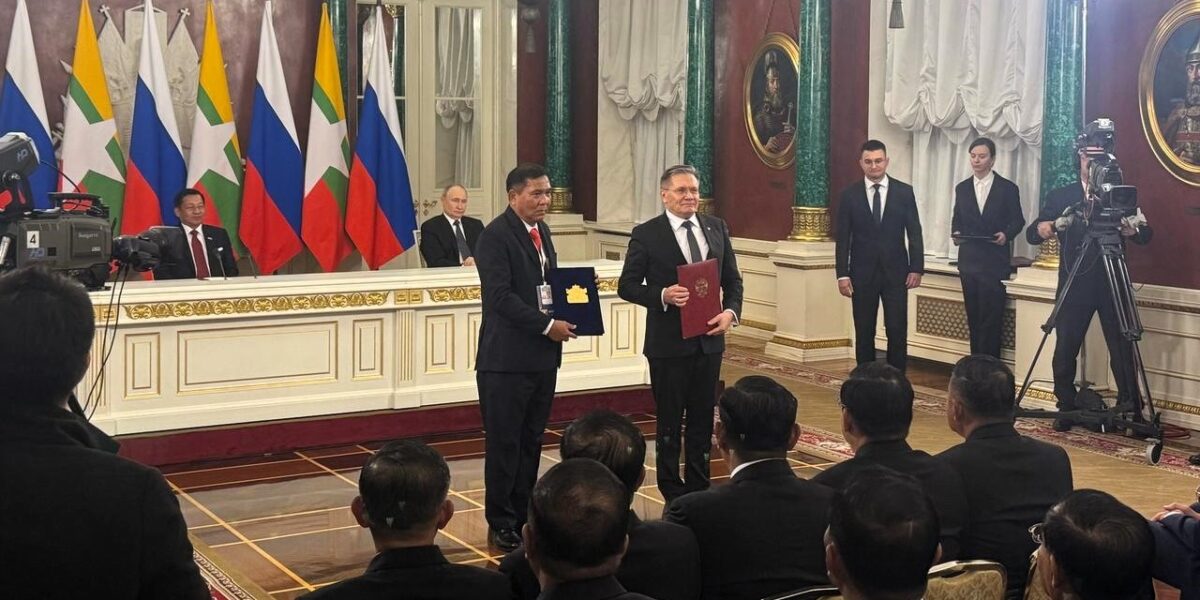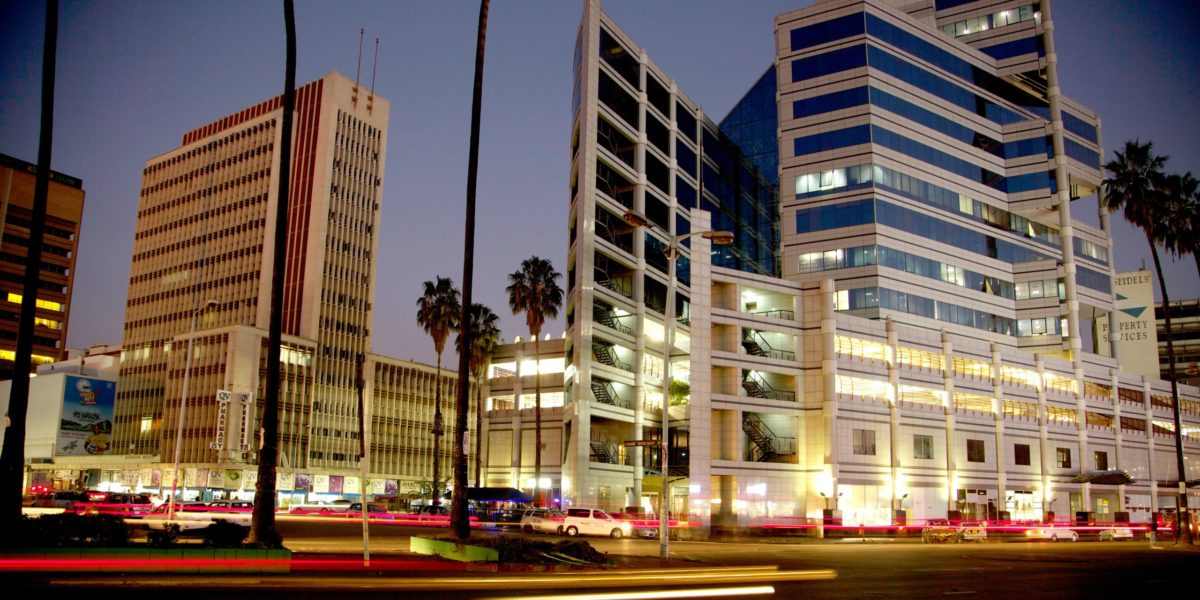The discussion “The Best Version of Yourself: 80 Years fr om Now, Eternal
Youth – Reality or Cyberpunk?” took place on September 25 in Moscow as part of
the World Atomic Week international forum, timed to coincide with the 80th
anniversary of the Russian nuclear industry.
The event was attended by experts from Russia
and India. It was moderated by Danila Medvedev, futurologist and Director
General of NeuroCode Group.
During the meeting, the speakers shared their views on the development of medical technology at the turn of the 21st century and discussed international experience in introducing innovations in healthcare for treatment, prevention and improving the quality of life.
Vladislav Parfenov, Head of Scientific Projects Implementation Group (part of Rosatom Science) outlined the prospects for biofabrication technology, which Rosatom specialists are developing in collaboration with leading scientific and medical organizations in Russia. Innovative solutions in this field make it possible to create equivalents of living tissues that could be used in clinical practice in the near future, primarily in transplantology. One of the key areas in this field is the creation of cell products that do not trigger an immune response, which will significantly increase their survival rate and reduce the risk of rejection. The next stage will be the development of more complex glandular tissues, such as the parathyroid gland.“In our country, there are not many cell products that are used in clinical practice. Worldwide, there are only about 50. There is a clear trend toward increasing this number. One of the tasks before us is to provide everyone with the opportunity to use these products when necessary. Therefore, in many countries, including in Russia, state-supported projects are developing that are focused on creating not personalized but more universal technical solutions for mass implementation. This includes genetic editing, activating genes responsible for immune response and creating a so-called cell bank that will be suitable for anyone,” the speaker said.
Vadim Dubrov, Head of the Department of Traumatology, Orthopedics and Disaster Medicine at Lomonosov Moscow State University’s Faculty of Fundamental Medicine, said: “We need to advance from the biology of today to the biology of the future. To do this, we will require new materials. For example, we expect that composite materials will eventually make their way into medicine, just as they once did in the aviation industry. Using digital technologies, we will develop new implants, new designs and new solutions to create a comprehensive system for safeguarding human health.”
Andrey Andrianov, CEO of Rosatom Metal Tech, noted that Rosatom has built a formidable technological foundation that enables it to provide medicine with the most sophisticated and pioneering solutions utilizing advanced materials like titanium and tantalum, as well as cutting-edge fields such as nuclear medicine and advanced medical technologies. “Healthcare's technological solutions and the close, constant contact between everyone involved – patients, doctors, and manufacturers – should form a single ecosystem. This ecosystem is wh ere the solutions people need will be continuously developed and improved. Today, Rosatom is working with the medical community to create training and educational centers. These centers foster the collaborative knowledge needed to respond to new challenges swiftly and effectively, all to benefit people and improve their quality of life,” he said.
Other participants in the discussion included Mohan Menon, a Consultant Medical Oncologist at Lilavati Hospital, India, and Evgeny Nochevkin, Head of Digital Health Products at Sberbank.





